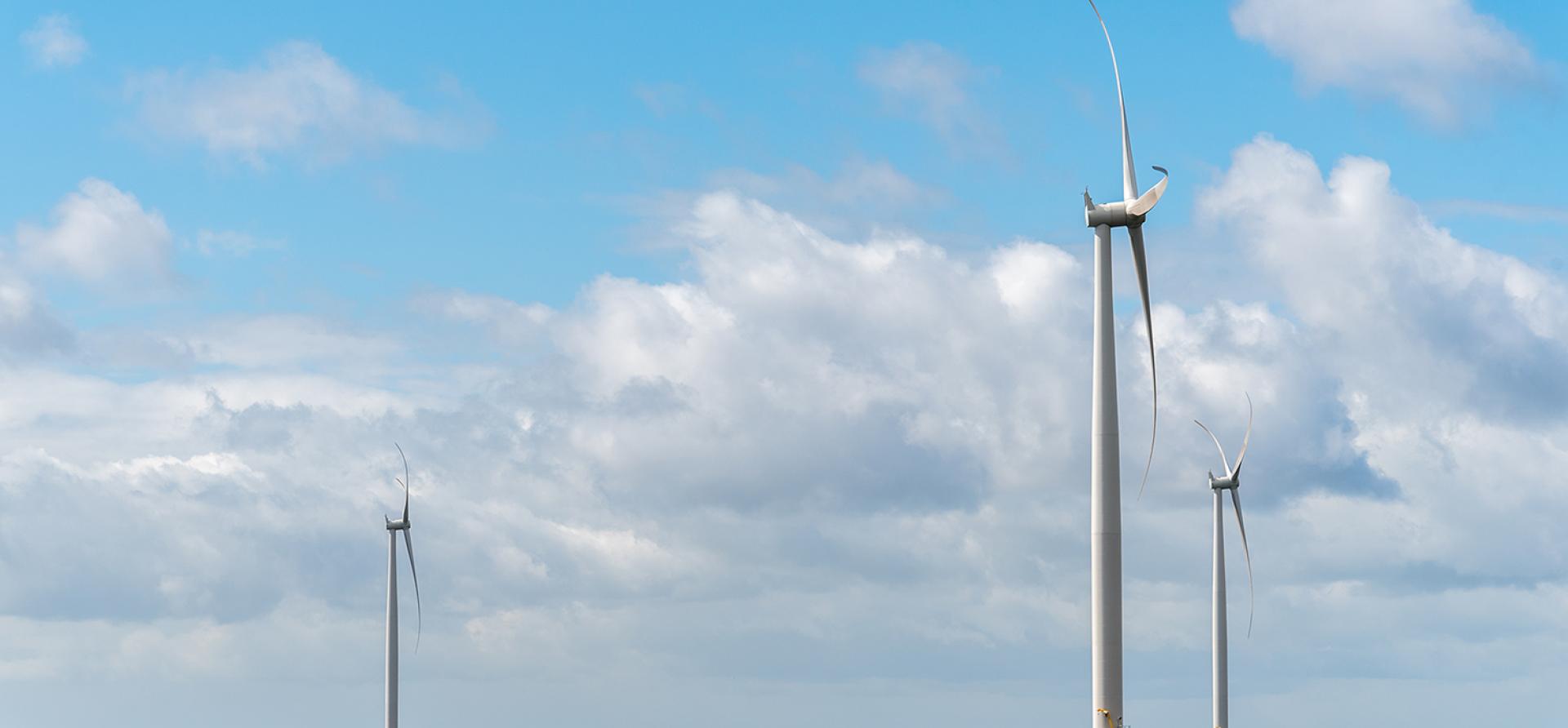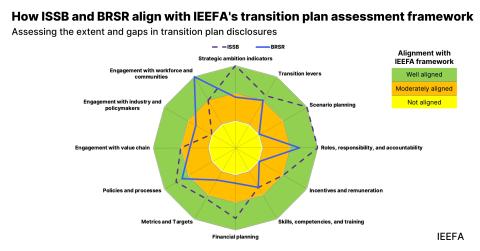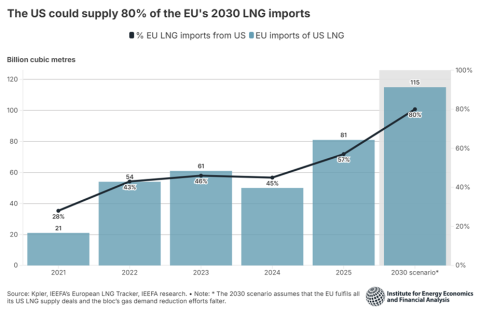
Key Findings
Crippling energy prices across Europe have prompted the UK government to re- examine its approach towards its indigenous oil and gas reserves.
Reversing previous trends, a series of support measures have been announced over the course of 2022 to stimulate oil and gas production.
The UK government has also increased its offshore wind capacity ambitions from 11 gigawatts (GW) of current total installed capacity to 50 GW to be installed over the next eight years.
The offshore wind industry shares critical supply chains with the offshore oil and gas sector. Both rely on a limited pool of available ports, vessels and personnel. Stimulating both sectors at the same time will spur competition over scarce resources, driving up costs.
Measures that support investment in the oil and gas sector are misguided. There are inadequate resources for the UK to ever be self-sufficient in this sector again, and increased stimulus programs will only put additional pressure on costs and installation timelines for offshore wind farms.
Executive Summary
Crippling energy prices across Europe have prompted the UK government to re- examine its approach towards its indigenous oil and gas reserves.
Reversing previous trends, a series of support measures have been announced over the course of 2022 to stimulate oil and gas production. This has come through an additional licencing round, accelerating new field development processes, and offering investment tax breaks.
At the same time, the UK government has increased its offshore wind capacity ambitions from 11 gigawatts (GW) of current total installed capacity to 50 GW to be installed over the next eight years.
The offshore wind industry shares critical supply chains with the offshore oil and gas sector. Both rely on a limited pool of available ports, vessels and personnel. Stimulating both sectors at the same time will spur competition over scarce resources, driving up costs—which will affect the lower-margin offshore wind sector more severely than the oil and gas sector.
Measures that support investment in the oil and gas sector are misguided. There are inadequate resources for the UK to ever be self-sufficient in this sector again, and increased stimulus programs will only put additional pressure on costs and installation timelines for offshore wind farms.
This potentially creates a damaging situation regarding the UK’s future energy provision and security of supply. It risks compounding price volatility and sustaining emissions by slowing the progress of offshore wind, a resource that is abundant, clean and cheap by comparison.















